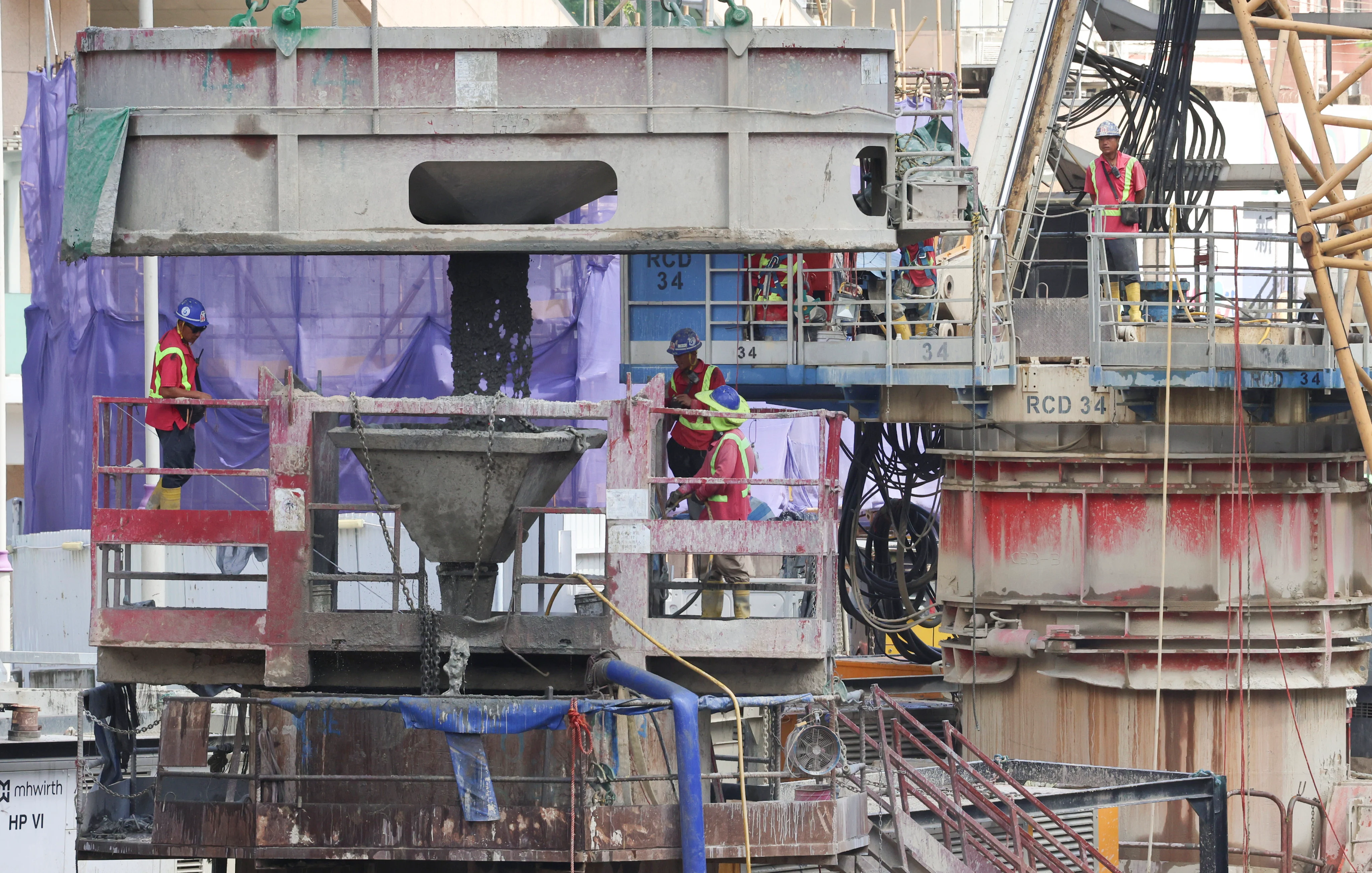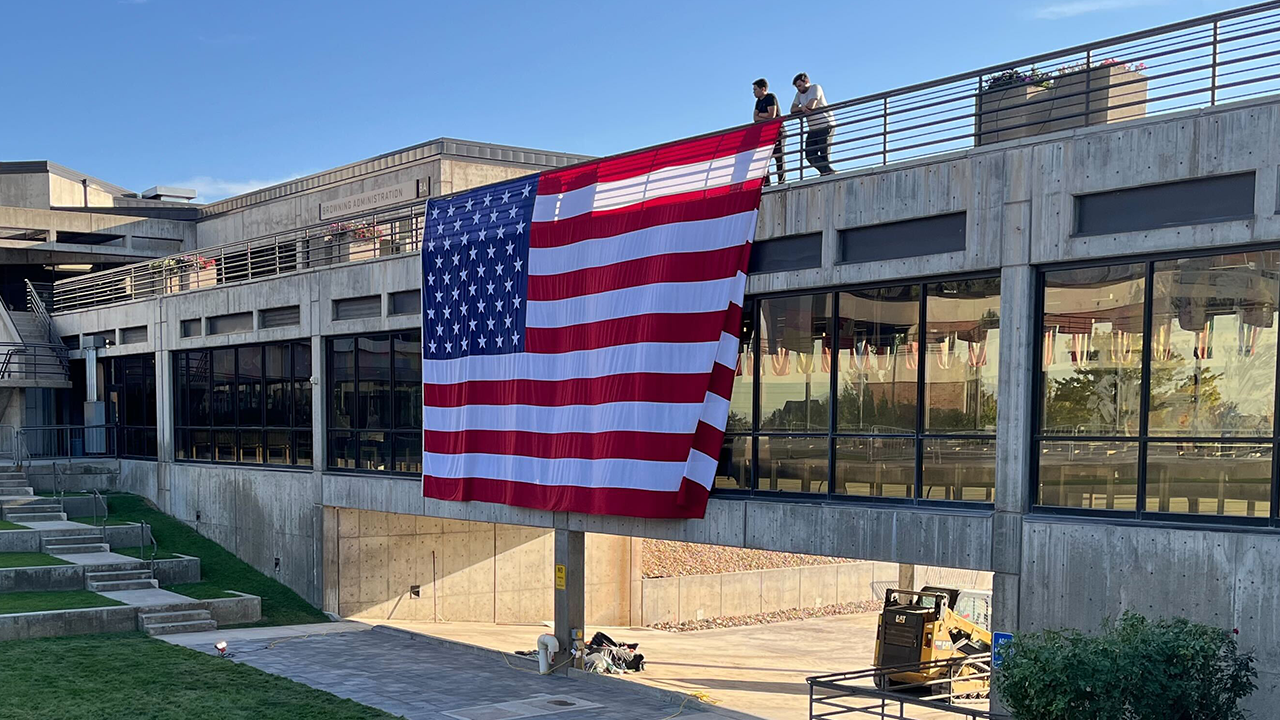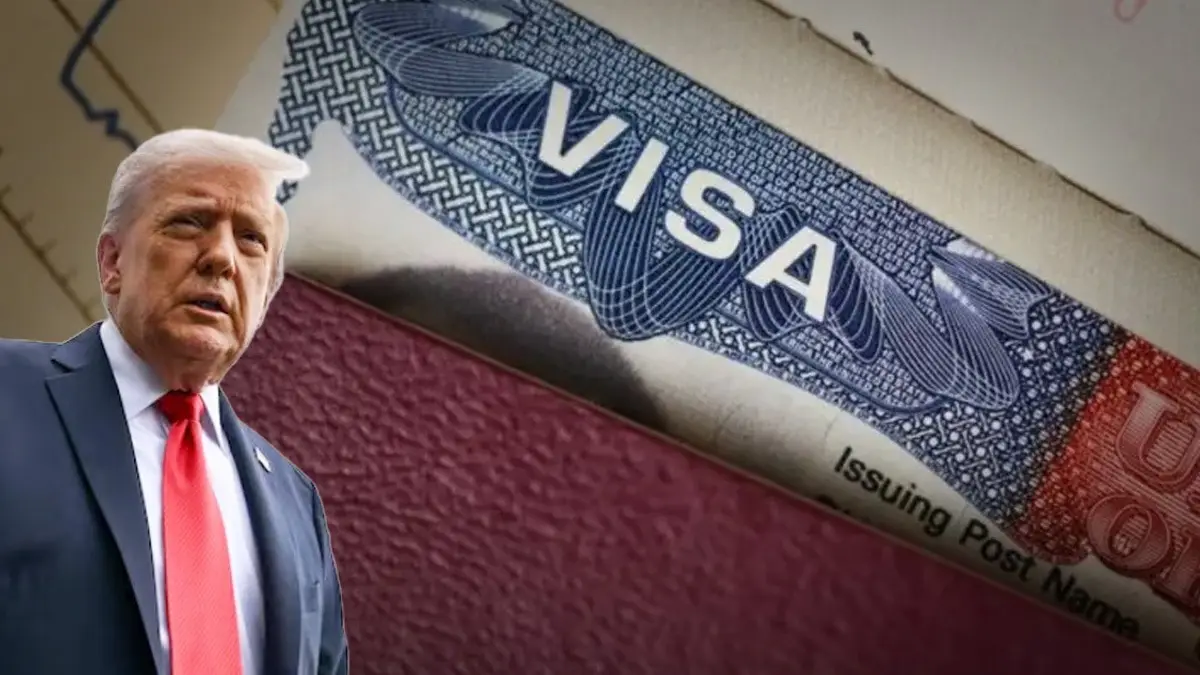By Fiona Sun
Copyright scmp

Hong Kong authorities have been urged to set up a mechanism to suspend the importation of labour for certain jobs when their unemployment rate hits a threshold, after the city leader announced tighter importing rules for only two catering roles.
The appeal was made by a construction workers’ union and a lawmaker on Thursday, after Chief Executive John Lee Ka-chiu announced the new rules on the importation of waiters and junior cooks in his policy speech on Wednesday.
Lee told lawmakers on Thursday in a Legislative Council meeting on the policy blueprint that authorities would monitor the situation and adapt to local circumstances.
Starting from Thursday, for each waiter or junior cook that an employer applies to bring in from outside the city under the Enhanced Supplementary Labour Scheme, it must already employ at least two local full-time workers in the same roles.
Employers must also extend the local recruitment period to six weeks, up from four weeks, and attend an on-site job fair organised by the Labour Department once a week during that time.
Lawmaker Edward Leung Hei noted the high unemployment rates in the catering and construction sectors and suggested the government introduce a suspension mechanism for the importation of labour.
“I would like to ask the chief executive whether the government will consider designing a circuit breaker mechanism to stop importing workers in an industry if its unemployment rate exceeds a certain level?” he asked during the meeting.
“Because if we don’t do this, it may be difficult to ensure that local employment is given priority.”
He added that apart from roles in catering and construction, others such as cleaners and security guards could also face higher risks of unemployment.
Labour sector legislator Chau Siu-chung questioned the government’s rationale behind limiting the new changes to only waiters and junior cooks.
He noted that several thousand imported workers had been approved to fill cook positions of different levels, adding that some could be fraudulent applications.
“Will the government consider extending the relevant measures to all applications for imported workers?”
Fellow lawmaker Lam Chun-sing, chairman of the Federation of Hong Kong and Kowloon Labour Unions, also urged authorities to consider doing more, including capping the number of imported workers in sectors with high unemployment rates, further investing in infrastructure and creating temporary positions.
Chau Sze-kit, chairman of the Hong Kong Construction Industry Employees General Union, also urged the government to set up a mechanism to suspend labour importation in different job categories within the construction sector based on factors such as joblessness.
He said the sector was hit hard by the reduced number of private construction projects.
“If we have accurate and timely data that indicate that the manpower shortage for a particular type of work has eased significantly, and it is no longer under a critical situation, we should suspend it,” Chau said.
A government source said on Wednesday that waiter and junior cook roles were singled out because they had the highest number of applications and approvals under the scheme.
As of August 31, authorities had approved 38,407 applications for importing workers across the 26 categories, with 11,725, or 30.5 per cent, for waiters and 8,648, or 22.5 per cent, for junior cooks, the source said.
Lee said: “If we get results, it proves that this method is feasible. Of course, if the situation still does not meet our requirements, we can certainly come up with new approaches.”
He added: “We need to pay attention to the situation and adapt to local circumstances.”
Lee added that importing workers was needed in Hong Kong amid a shrinking labour force, which could dampen business, while local staff might also lose their jobs if the situation worsened.
He explained that the labour importation policy was formulated in 2023 when the city’s labour force plunged by 190,000 from a peak of 3.67 million in 2018 to about 3.48 million.
The city leader added that the government would step up efforts to crack down on the abuse of the labour importation policy, as well as illegal workers, reiterating the government’s stance on prioritising the employment of local workers.
The Enhanced Supplementary Labour Scheme was introduced by the government in September 2023 to address manpower shortages across sectors.
The scheme expanded the importation of labour to include the 26 job categories, as well as unskilled or low-skilled posts that were previously excluded.
Apart from the scheme, the government also launched industry-specific schemes for the construction, transport and residential care sectors to bring in workers from outside the city in 2023.
The new changes were unveiled amid mounting complaints from labour unions and local workers over job losses to cheaper imported labour, while the jobless rate remained high.
The latest statistics showed Hong Kong’s unemployment rate remained at 3.7 per cent between June and August, unchanged from May to July.
Some industries recorded higher unemployment rates. The rate stood at 6.9 per cent in the construction sector and 6.8 per cent in the food and drink services sector.



